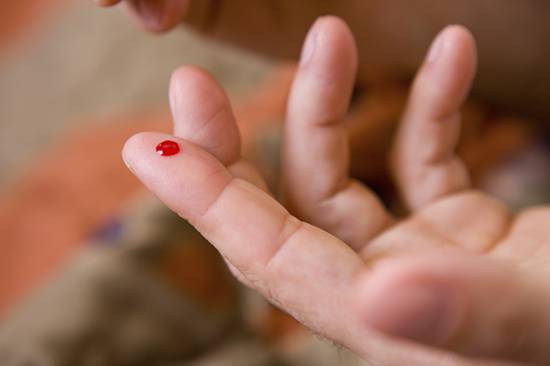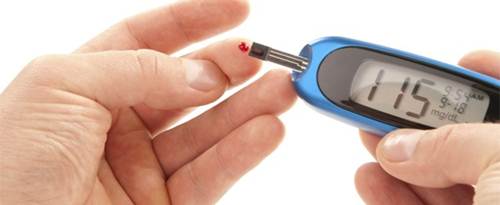
DIABETES type 2 sufferers may need to take extra precautions during hot weather or a heatwave, according to experts. This is because the heat can impact blood sugar levels, making them more difficult to manage. Diabetes sufferers should watch out for these complications caused by hot weather.

Diaebtes type 2 sufferers could experience unexpected blood sugar fluctuations in hot weather
Diabetes type 2 sufferers could be more likely to have low blood sugar, or hypoglycaemia, in hot weather as the body is working faster
Getting dehydrated in hot weather can also affect diabetes sufferers
Diabetes type 2 sufferers may need to take extra precautions in heat and hot weather.
While being an excellent part of the summer holidays for some, the heatwave temperatures can have an “influence” on people with diabetes, according to diabetes.co.uk.
Dehydration is one of the biggest problems facing diabetics in hot weather.
Not getting enough water can “raise blood sugar levels”, said diabetes.co.uk.
“People with diabetes may need to increase their intake of fluids in hot weather, drinking water regularly through the day.”
“One of the major concerns regarding diabetes and hot weather is the risk of blood sugar levels rising or falling and causing hypoglycaemia or hyperglycaemia.”
Hot weather can also increase the risk of hypoglycaemia, or low blood sugar levels, for those on medication.
The bodies metabolism may be higher in hot and humid weather, meaning blood sugar is used faster, leading to an increased risk of hypoglycaemia.
“Don’t be tempted to disregard hypo symptoms, such as sweating and tiredness, as a result of hot weather as it could be a sign of hypoglycaemia.
“Take extra care when driving and test your blood sugar before and after each journey and stop regularly to check your blood sugar levels if taking longer journeys.
“To prevent hypos, be prepared to test your blood sugar levels more often, particularly if taking physical activity in hot weather.”
Diabetes UK, a UK-based charity for the condition, also advised sufferers to be careful in hot weather.
“Long periods of inactivity in the sun can affect diabetes control,” they said.
“Insulin will be absorbed more quickly from the injection site in warm weather, and this increases the risk of hypos.”
Clinical advisor for the charity, Douglas Twenefour, added: “People with diabetes will need to monitor their blood sugar levels more often and be ready to adjust their diet or insulin dose accordingly.
“If your insulin levels are consistently higher than expected, it is worth considering whether your insulin could have been damaged in the sun.
“When damaged by heat, clear insulin generally becomes cloudy and cloudy insulin becomes grainy and sticks in the side of the glass.”
Symptoms a diabetes type 2 sufferer may be dehydrated include dry mouth, a headache or urine that is a deeper colour than usual.
“Dehydration means your body loses more fluids than you take in,” said the NHS online.
“If it isn’t treated it can get worse and become a serious problem.”
Medical advice suggests people need six to eight glasses of water a day to stay healthy, but significantly more in hot weather.
Becoming dehydrated can also impact other conditions, such as high blood pressure.
Blood sugar levels could also be lowered by eating tuna.
Source :-Express.co.uk

Cindy McCain seems so real and likeable however see who she really is.
I wonder what number of people fall victim to the lottery problem.
Kids love to dream about jobs they do when they grow inside. http://satg-crew.hol.es/foro/index.php?action=profile;u=31110